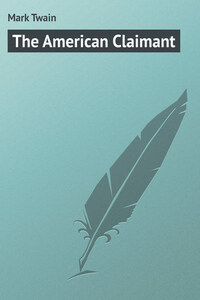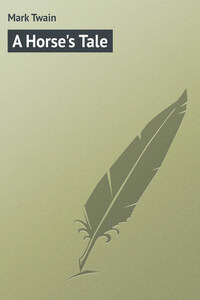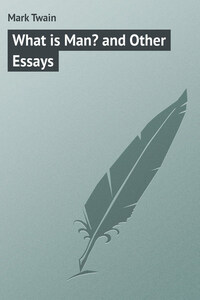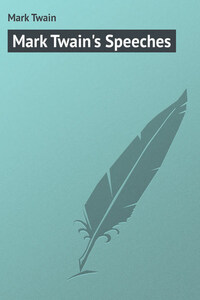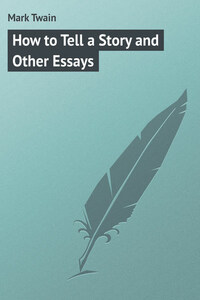The American Claimant
Автор книги - Mark Twain. Произведение относится к жанрам классическая проза, зарубежная классика. Год его публикации неизвестен. Книге не присвоен международный стандартный книжный номер.
"The American Claimant" is a comedy of mistaken identities and multiple role switches―fertile and familiar Mark Twain territory. Its cast of characters include an American enamored of British hereditary aristocracy and a British earl entranced by American democracy.Twain uses this over-the-top comic frame to explore some serious issues as well-such as the construction of self and identity, the role of the press in society, and the moral and social questions raised by capitalism and industrialization in the United States. A unique melange of science fiction and fantasy, romance, farce, and political satire, Twain's least-known comic novel is both thought-provoking and entertaining.
